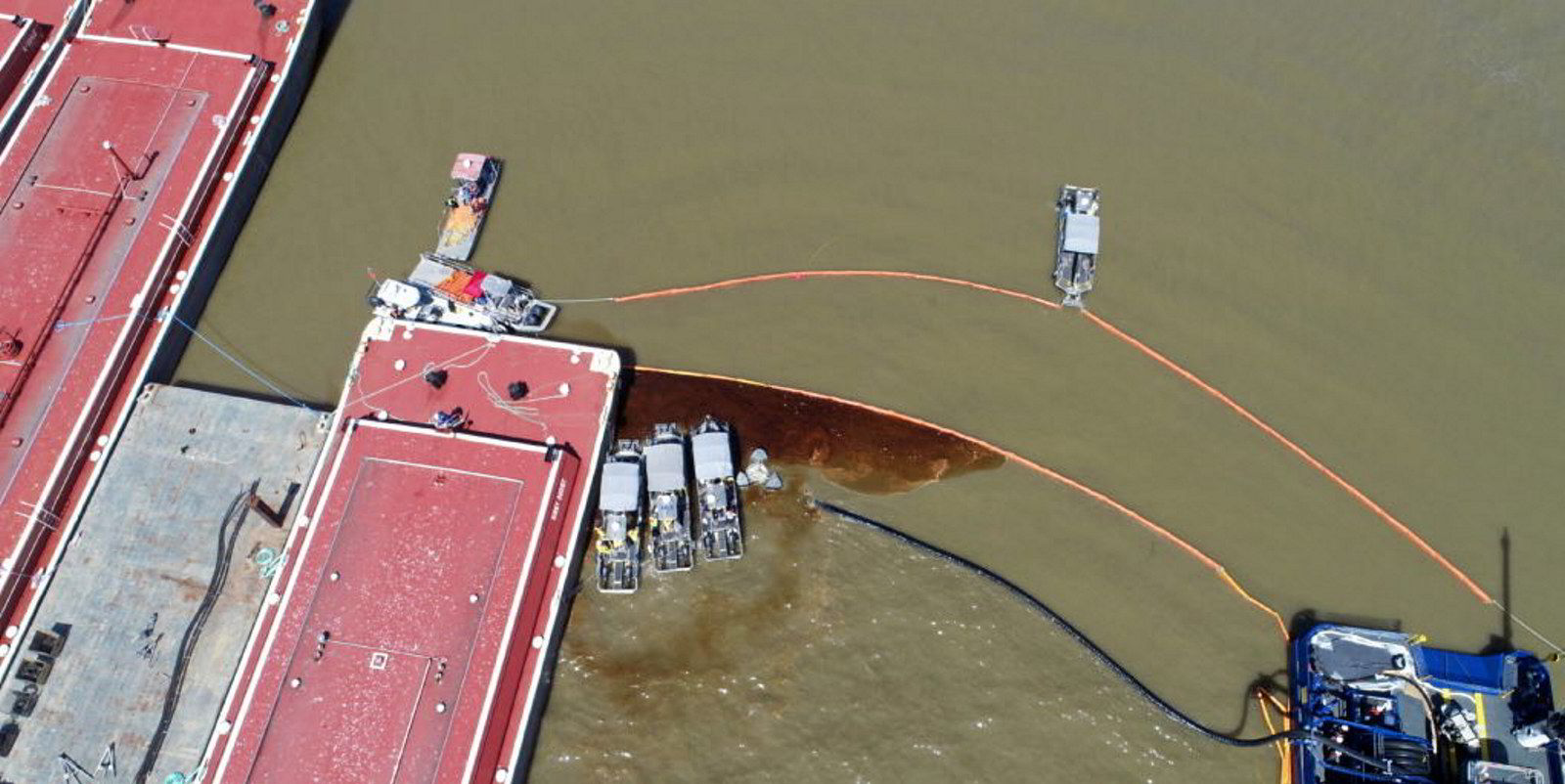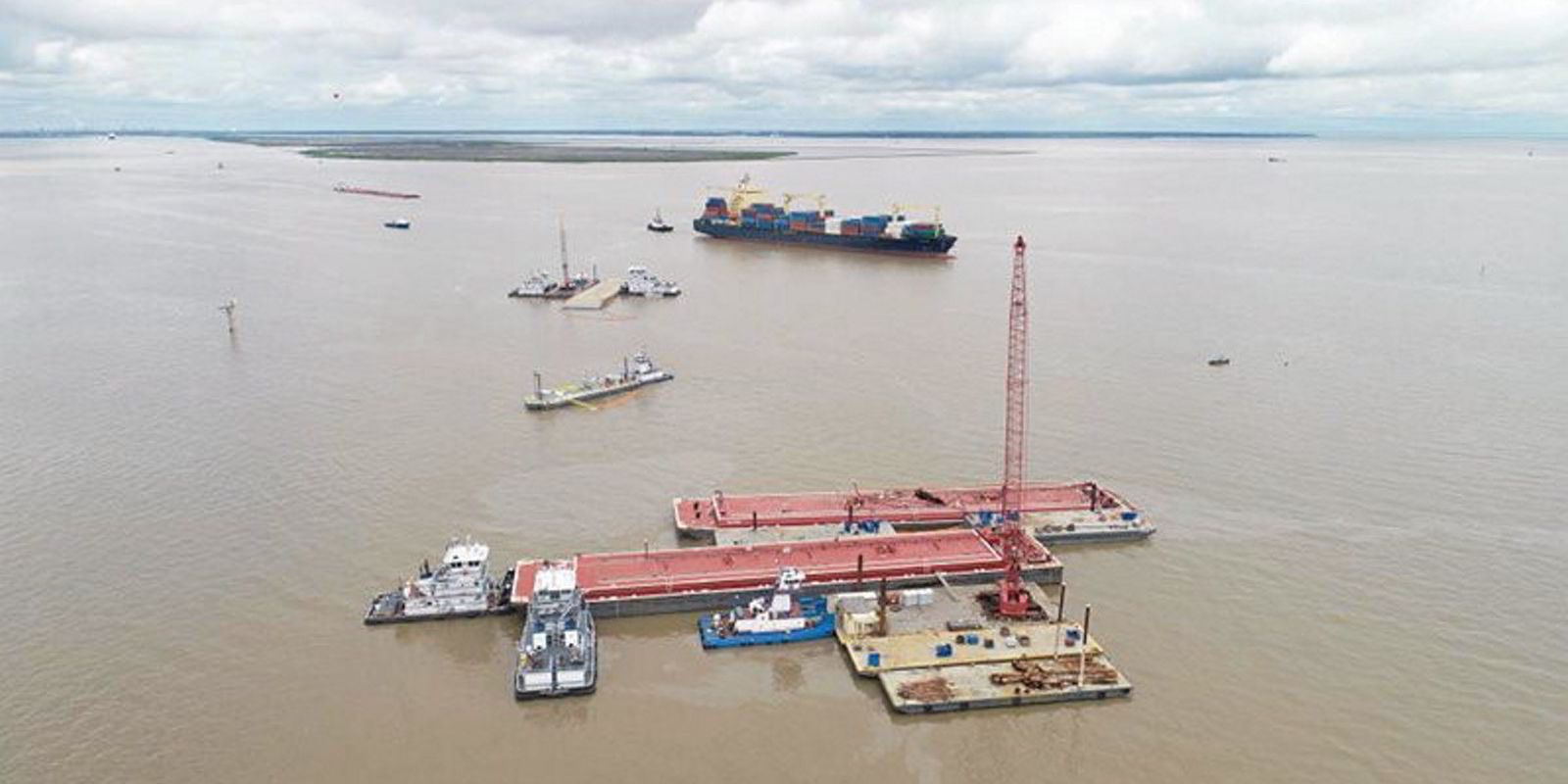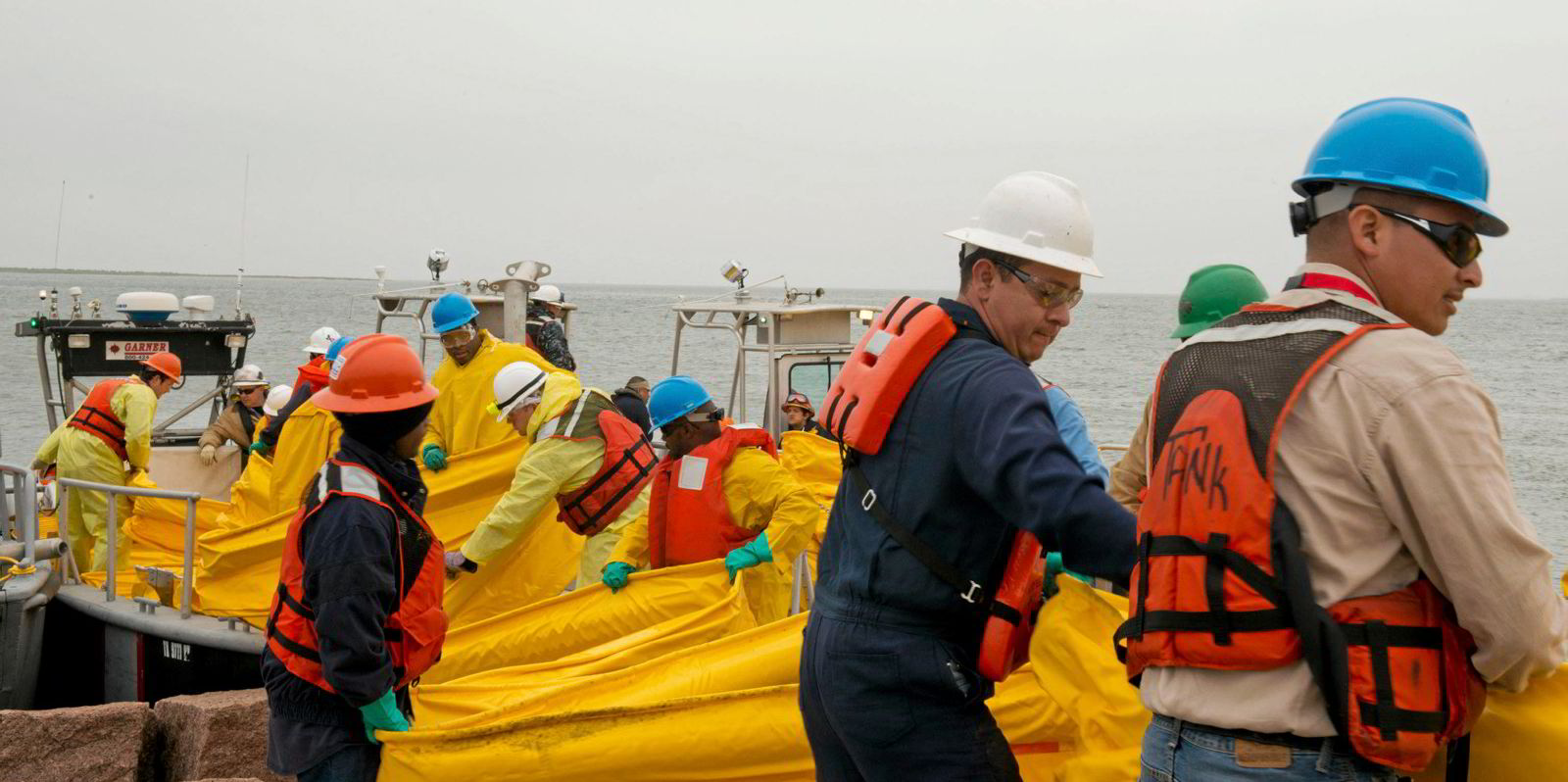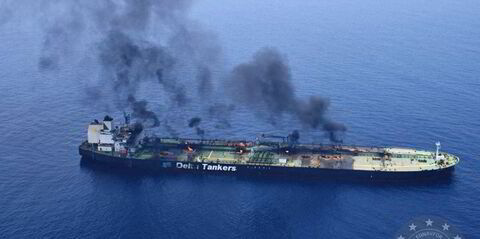When an oil product known as reformate poured into Galveston Bay in 2019 after a vessel collision, how much damage did it do to the local seafood industry?
That is the question at the heart of a legal battle in Houston as companies behind a K Line-controlled LPG carrier are locked in settlement negotiations with lawyers for more than 2,000 claimants.
The case centres on the spill of at least 11,000 barrels of reformate, an ingredient used in gasoline blending, when K Line's 82,400-cbm Genesis River (built 2018) collided with two tank barges controlled by Kirby.
On one side, experts for the local seafood industry have contended that the spill slammed local oyster and shrimp populations.
Firing back, experts for companies behind the VLGC Genesis River have said that the spill's impact was limited because reformate tends to evaporate.
Gabriel Johnson, a biologist for consultancy MREC Environmental who was hired by lawyers for some of the claimants, said one oyster bed lease alone experienced a mortality rate that was 56.5% above average after the spill.
On that lease, the financial loss came to nearly $2.21m, while a company with five leases lost an estimated $6.15m.
"It is readily apparent that the chemical spill had a devastating effect on the standing crop of oysters throughout the area of Galveston Bay," he wrote. "Multiple lease operators in the Galveston Bay area noted shortly after the spill that oysters harvested were found to be recently dead, noting high numbers of open boxes, with oyster flesh still inside."
Harte Research Institute biologist Paul Montagna, another expert for seafood claimants, wrote in his report that after the spill, there was no comprehensive survey carried out to quantify the number of shrimp and oysters killed.
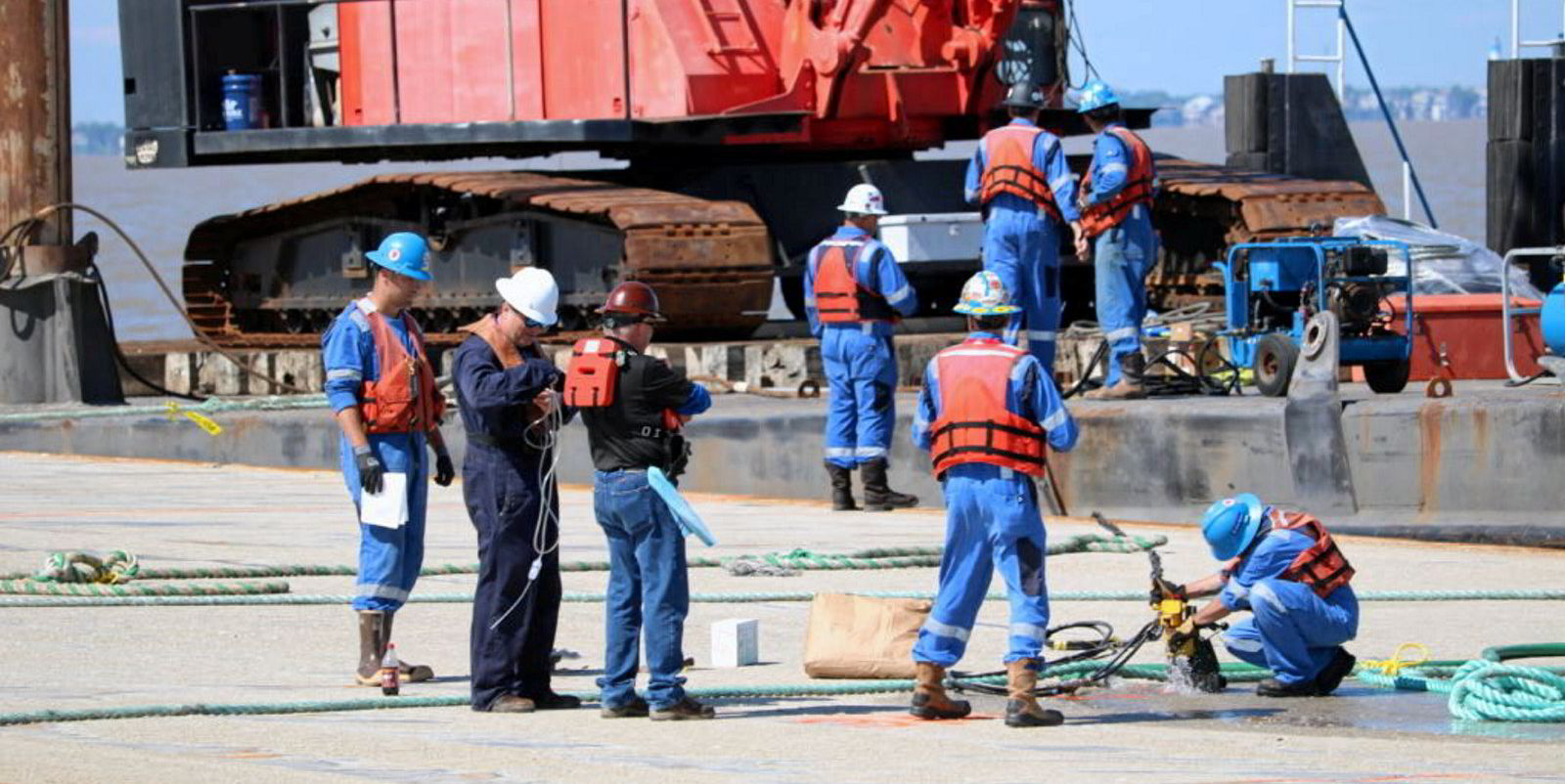
"However, it is known that the chemical was widely dispersed in critical habitat areas. In those areas where contamination levels were highest, it is highly likely that high levels of acute responses occurred," he wrote.
However, the Royston, Rayzor, Vickery & Williams lawyers for K Line have challenged the testimony of both biologists, saying they did not perform water sampling to show that reformate came in contact with the seafood populations that were allegedly impacted.
And K Line's own experts, Romboll engineer Benjamin Cord Harris and biologist Lis Castillo Nelis, said the spill likely impacted aquatic life in a limited area for a few hours or a few days near the spill site. That is backed up by the fact that a single kill of between 100 and 1,000 fish, crabs and shrimp was found in a single location, they said.
"Given the limited impacts observed in proportion to the overall bay, it is unlikely that the spill had a significant impact on the shrimp, oyster and fish populations in the system," the K Line experts said.
As TradeWinds reported in December, US District Judge Jeffrey Vincent Brown has placed a pause on litigation over the spill, until February to allow settlement negotiations.
The move came as the sides were squaring up to battle over damages, after Brown ruled earlier in the year that the Genesis River bore full responsibility for the incident. The case involves K Line subsidiary K Line Energy Ship Management, FPG Shipholding Panama and Genesis River Shipping.

In September, the US federal government reached a settlement over environmental damages from the spill that will see Kirby pay more than $2.1m, which may be recovered from the $17.4m that the Genesis River companies were found to owe the barge owner.
A damage assessment published by the National Oceanic and Atmospheric Administration found dead fish, crabs and other animals in the affected shoreline after the spill. But it was difficult to assess shoreline oiling from the reformate and to search for impacted animals.
Because reformate is colourless and mixes into the water column, the extent of the spill was difficult to trace, but the report ultimately estimated that 7.87 square km had toxic concentrations of the chemical over 24 hours.
The figure in the federal settlement is small in comparison to the amount agreed with Kirby in a 2014 spill of fuel oil.
